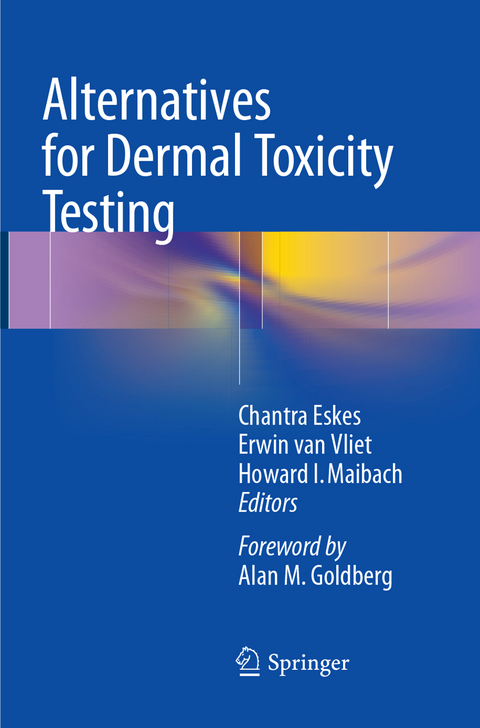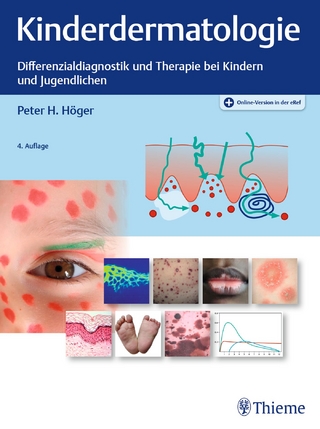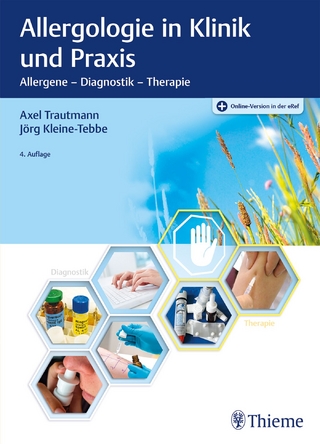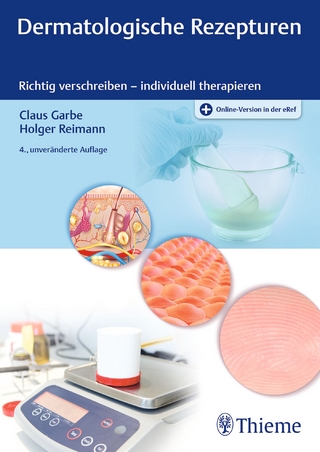
Alternatives for Dermal Toxicity Testing
Springer International Publishing (Verlag)
978-3-319-84378-0 (ISBN)
Chantra Eskes, PhD, Eng, has around 20 years of experience in the development, optimization, and validation of alternative methods to animal testing. Her activities have contributed to the formal validation and regulatory acceptance of several test methods and to the development of a number of official international test guidelines. Dr. Eskes acts as a Nominated Expert and co-chair for the OECD in the areas of eye irritation/corrosion, skin irritation, skin corrosion, and skin sensitization. She is also President of the European Society of In Vitro Toxicology (ESTIV) and Executive Secretary of the Animal Cell Technology Industrial Platform (ACTIP). She is manager and consultant at SeCAM, a limited company that offers independent consultation and services on alternative methods for scientific, regulatory, and industrial tailored requirements. She is the editor, author, or co-author of more than 35 published scientific articles and book chapters and acts as a reviewer for sever al journals in the field of in vitro toxicology. Howard I. Maibach, MD, is Professor of Dermatology in the School of Medicine, University of California, San Francisco. He is a leading authority in the fields of dermatotoxicology and dermatopharmacology, in which, over several decades, he has conducted much original research relating to skin diseases and the development of skin-related products. He has written very extensively, with a total of more than 2,000 publications as lead or co-author and over 80 textbooks. Professor Maibach has served on the editorial boards of more than 30 scientific journals and is a member of many professional societies, including the American Academy of Dermatology and the International Commission on Occupational Health. He is a consultant to government agencies, universities, and industry. He has been the recipient of numerous honors, both in the United States and overseas. Erwin van Vliet, PhD, has more than 10 years of research experience during which he has acquired a strong scientific background in the field of in vitro toxicology. He has been involved in the writing and management of European research projects and formal validation studies. Dr. van Vliet worked for several years at EURL ECVAM in Italy and then gained professional experience at the Johns Hopkins Center for Alternatives to Animal Testing (CAAT) in Baltimore, USA, where he was responsible for setting up a new research laboratory and published a review article on toxicity testing for the 21st Century, awarded best main article by ALTEX. In 2010, he joined the Fetal Medicine Research Group in Barcelona, Spain, and since 2013 he has worked as an independent consultant in the field of in vitro toxicology and alternative methods. He acts as the Scientific Coordinator of the Cosmetics Europe Skin Tolerance Task Force, which is developing a testing strategy for skin sensitization and supports various scientific projects of SeCAM.
Introduction.- Concepts.- Skin irritation.- Skin corrosion.- Skin sensitization.- UV-induced effects (phototoxicity & photoallergy).- Skin genotoxicity.- Other exploratory areas of relevance.
| Erscheint lt. Verlag | 30.8.2018 |
|---|---|
| Zusatzinfo | XX, 592 p. 92 illus., 61 illus. in color. |
| Verlagsort | Cham |
| Sprache | englisch |
| Maße | 155 x 235 mm |
| Gewicht | 1242 g |
| Themenwelt | Medizin / Pharmazie ► Medizinische Fachgebiete ► Dermatologie |
| Medizin / Pharmazie ► Medizinische Fachgebiete ► Pharmakologie / Pharmakotherapie | |
| Naturwissenschaften ► Biologie ► Zoologie | |
| Schlagworte | Alternatives to animal testing • Cosmetics • In vitro toxicology • Regulatory testing • Safety testing |
| ISBN-10 | 3-319-84378-8 / 3319843788 |
| ISBN-13 | 978-3-319-84378-0 / 9783319843780 |
| Zustand | Neuware |
| Haben Sie eine Frage zum Produkt? |
aus dem Bereich


